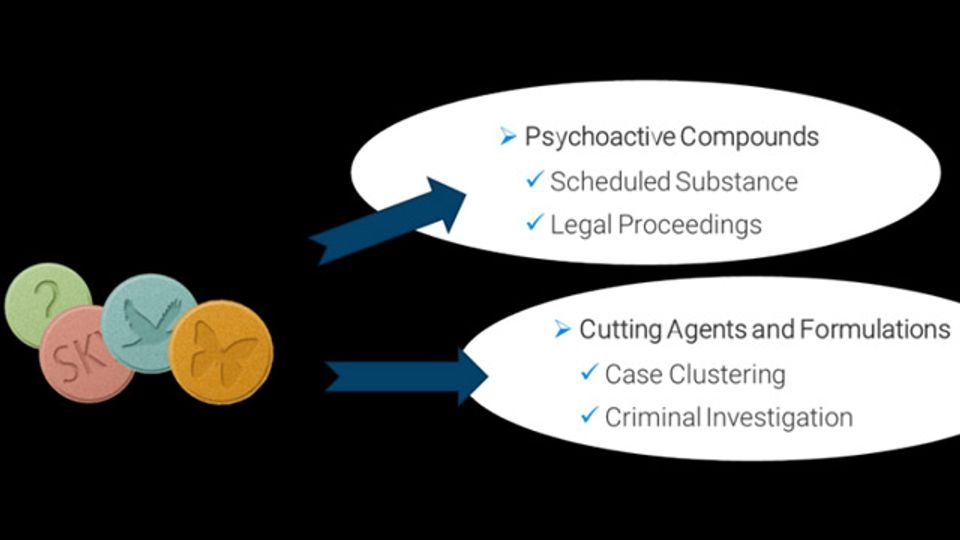Bruker Launches End-to-End Benchtop FT-NMR Solution for Forensic Narcotics Analysis

Complete the form below to unlock access to ALL audio articles.
Bruker has announced the launch of a differentiated benchtop FT-NMR solution for forensic narcotics testing, called the Fourier 80 CrimeLab, with a nuclear magnetic resonance NMR Narcotics Profiling module. This unique forensics solution offers the flexibility of information-rich FT-NMR in an easy-to-use, automated method with detailed reports on the types and quantities of substances in seized drug samples.
Bruker introduced the Fourier 80 benchtop Fourier transform (FT) NMR technology to make NMR accessible to a broader range of laboratories. The new NMR Narcotics Profiling solution allows non-NMR experts to run advanced analyses including automated interpretation and report generation. It has also been tailored to the needs of the forensics environment, with data and reports that are admissible in legal proceedings.
The Bavarian State Criminal Police Office in Germany (BLKA) is collaborating with Bruker in the development of more sophisticated solutions for the identification and quantification of controlled substances. According to the BLKA, NMR Narcotics Profiling offers significant potential in small to mid-sized forensic laboratories.
The Fourier 80 CrimeLab and NMR Narcotics Profiling solution is customizable, allowing law enforcement authorities to have control of reference libraries to which NMR spectra can be compared, without the need to purchase other databases. Users can customize the Bruker reference library according to local needs, share data within their organization and networks, and access other open platforms. This includes the New Psychoactive Substances (NPS) data hub, a peer-reviewed, non- commercial data-sharing platform for law enforcement agencies, operated by the US National Institute for Standards and Technology (NIST) and the Drug Enforcement Administration (DEA), as well as the Federal Criminal Police Office (BKA) in Germany.
Bruker supports police, customs, federal, state and border control laboratories in more than 40 countries, running almost 100 high-field NMR systems involved in forensics research and applications. The broad application of NMR includes narcotics, doping agents and food adulteration analyses, and also explosives, specialty chemicals, polymers and solid waste. NMR is widely accepted to be one of the most effective technologies for comprehensive structural classification of chemical substances. A significant advantage of NMR in narcotics analysis is its ability to detect, identify and quantify unknown substances without needing a pre-qualified reference substance. Even New Psychoactive Substances (NPS) can often be identified and quantified.
Dr. Joerg Koehler, Head of the Industrial Applications Business Unit at Bruker BioSpin, commented: “A key objective of analyzing suspect substances is to provide legally admissible evidence that proves a drug’s chemical make up. By making NMR analysis more broadly available and easier to use on benchtop systems, we are enabling local authorities to produce this information quickly and effectively. Furthermore, as NPS are a persistent threat, NMR is uniquely suitable to detect, identify and quantify unknown substances, and the open database infrastructure means that this information can be easily shared between labs and authorities. This automated solution enables forensic investigators to take advantage of NMR whilst keeping operator and laboratory requirements to a minimum.”



